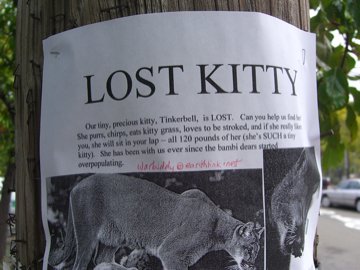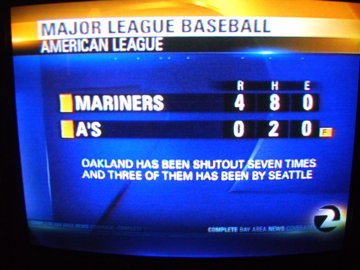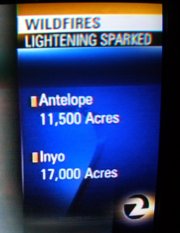If Thursday’s Tour de France stage is remembered after this year’s race is over, it will be recalled as the day the great Kazakh rider Alexandre Vinokourov crashed hard and lost his chance to win the yellow jersey. All we know for now, though, is that he crashed; whether he’s able to get on his bike and mount the sort of reckless, slashing attacks he’s known for remains to be seen.
It’s always interesting to see how Tour television covers crashes, which are as much a staple of the Tour as they are of the NASCAR experience. With notable exceptions, the on-the-road cameras, carried by photographers on the back of motorcycles, are rarely present when a crash occurs. But they’re always there for the immediate aftermath: a rider sprawled on the road, on a traffic island, or in a ditch, tangled up in his bicycle or thrown across the road from it. How he got that way is almost always a mystery. And so it was today with Vinokourov: When the camera caught up to him, he was already on his feet; a teammate was pulling his bicycle from the center of the road; and Vino, as he’s familiarly known, was in obvious pain. He’d hit hard on his right side; his shorts were shredded, exposing an expanse of raw, abraded buttock.
Still: He had 26 kilometers to go to the finish line. He’s the leader of his team, Astana (Astana is the capital of Kazakhstan and actually sponsors the team) and until the moment he hit the pavement he was considered one of the riders with a better than even chance of winning the 2007 Tour. So there was nothing for him to do but get on his bike and try to catch up to the main field, which had sped into the distance as he stood by the side of the road.
His team manager ordered all the nearby Astana riders — six of the eight members, not including Vinokourov — to stop and form a chase group for their leader. In short, their job was to ride in front of him, as hard and as long as they could, to try to get him close to the stage leaders. Today was a tough stage, and soon the Astana squad started to overtake riders who had already been dropped. One, a sprinter for Robbie McEwen’s Lotto team, appeared not to believe his luck as the Vinokourov rescue team passed him. He sped up and got on Vinokourov’s wheel to get a free ride as far as he could. The pace was so high that soon the Astana domestiques, the riders whose job it is to sacrifice their own chances for the team leader, began to fall away. In just a few kilometers, Vinokourov was riding all by himself. Eventually, he caught and passed a group long discarded by the lead bunch; the exhausted riders, who included sprint leader Tom Boonen of Belgium, fell in behind their bruised and bloody opponent and let him set the pace up the day’s last climb.
It was a stirring charge, and a courageous one. Most people — people who think of bicycles as a form of recreation and who have something like normal thresholds for unbearable pain — would have been in the emergency room. In the end, though, Vinokourov couldn’t catch up; he lost more than a minute to his rivals, and did, in fact, wind up in the hospital. He’s a tough guy — it would be a shock if he isn’t at the starting line tomorrow.
Astana’s team manager summed up the situation after the stage simply and eloquently:
“We gave [Vinokourov] six riders and they did an extraordinary job and went full-gas for kilometers to try to bring him back. Then Vino’ was left on his own. What do you want me to say? It’s the beauty and cruelty of this sport. We must not overdramatize the situation. If we don’t win the Tour – there’s 2008. We haven’t given up hope … if Vino’ is in good health and he wants to win the Tour, we have no choice but to attack.”
Technorati Tags: tour de france




